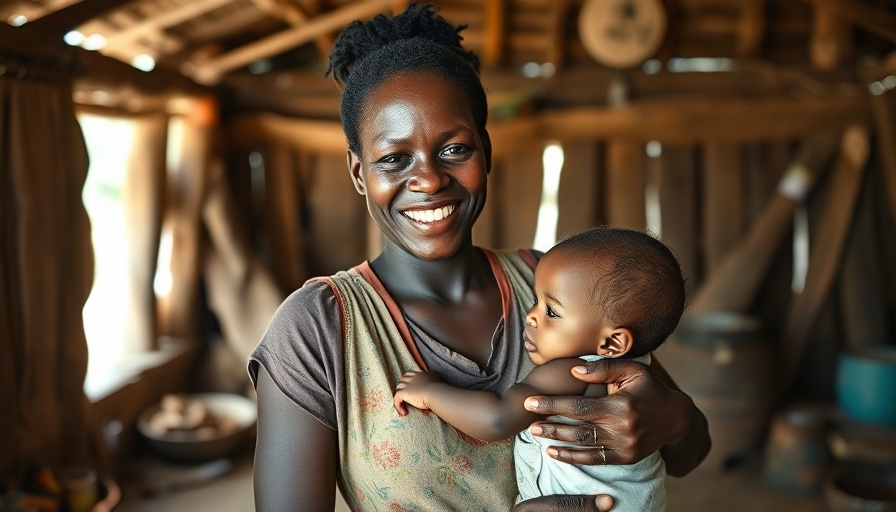
The Critical Role of Data-Driven Health Initiatives in Africa
In Africa, the health of women stands as a critical pillar for advancing societal and economic development. Yet, historically, women’s health issues have not commanded the attention they deserve. The intersection of healthcare and societal progress suggests that concentrating efforts on women’s health is not merely beneficial for individual lives but is fundamental for achieving broader social and economic advancements.
Understanding the Gap in Women's Health Data
The progress made in women’s health and equity over recent decades is tangible, yet pervasive challenges such as cancer, reproductive health complications, and violence remain significant hurdles. Addressing these issues requires comprehensive insights into women’s healthcare experiences, underscoring the need for robust, gender-disaggregated data. Such data are unfortunately scarce, particularly in regions where they are needed most—in marginalized communities.
The Hologic Global Women’s Health Index: A New Benchmark
Initiatives like the Hologic Global Women’s Health Index are striving to bridge this knowledge gap. This index is a pioneering multi-year survey that assesses women’s health across the globe, offering a comparative analysis that hopes to illuminate the path to healthier and safer lives for women and girls worldwide. By prioritizing data that reflects true experiences, leaders and policymakers can initiate informed, impactful strategies to transform African wellness landscapes.
Future Predictions and Trends
As technology and policy evolve, the future holds promise for more inclusive health systems that comprehensively cater to the unique needs of women. By integrating advanced data analytical tools, healthcare systems in Africa can devise strategic interventions that ensure all women have access to essential health services. Such advancements not only bolster public health but push nations closer towards equitable healthcare for all.
 Add Row
Add Row  Add
Add 




Write A Comment